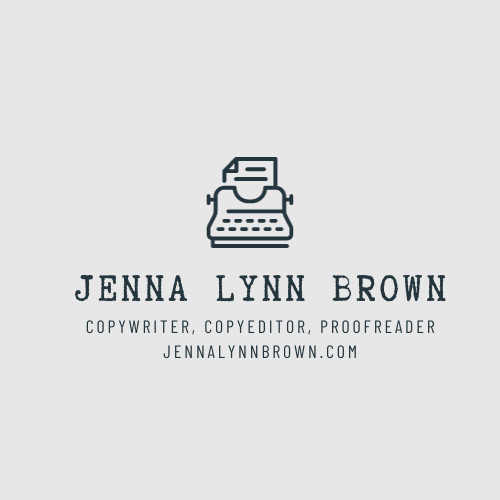What an Editor Isn’t
When I was in college, my friend Melea wanted me to read her story. I glanced over the first page and gave it back. “I can’t read this,” I said, because it was a mess: no capitalization, minimal punctuation, no paragraph breaks, riddled with spelling errors.
“Oh,” she said, “I figured my editor would take care of that.”
No.
What I told Melea then is what I’m telling you now: your editor is not there to hold your hand. Your editor is not your English teacher. Your editor is not there to improve your grammar or be your spellchecker. An editor—or, more likely, a slush pile reader—will take one look at a manuscript in the same state as Melea’s, roll her eyes at what passes for modern literature, and send the MS back to you as fast as she can.
“But Jenna,” you say, “I read books all the time with terrible grammar.”
True. Sometimes standards are low. Sometimes proofreaders miss things; sometimes copy editors aren’t as skilled as they could be. But just because books get published that aren’t very good, do you really want your book to be that book?
Personally? My books get read by at least two other people besides me before I even send them in for submission. I know what my weaknesses are and I know what my beta readers can find and help me with. I know I’m comma-happy and I know I often type faster than I think and so put in the wrong word when I mean something else entirely. I know that what I see and what the reader might see are not always the same things, and I can count on my beta readers to help me find the plot holes and give me ideas about how to fill them in. I would not send an unedited manuscript to my publisher any more than I’d go to work naked.
Once the stories are in my publisher’s hands, they’re read by an editor, a copy editor, and a proofreader—and those are just the readers I know about. It’s not a foolproof system, because human error will always enter into the process; but I figure the more it’s read, the lower the percentage of errors will be.
What your editor is, is someone looking for the most compelling stories they can find to recommend purchasing; someone to help with fact-checking and to help you clarify what you may have left vague or more implied than stated—someone, in short, to help you make your story the strongest, best story it can be.
